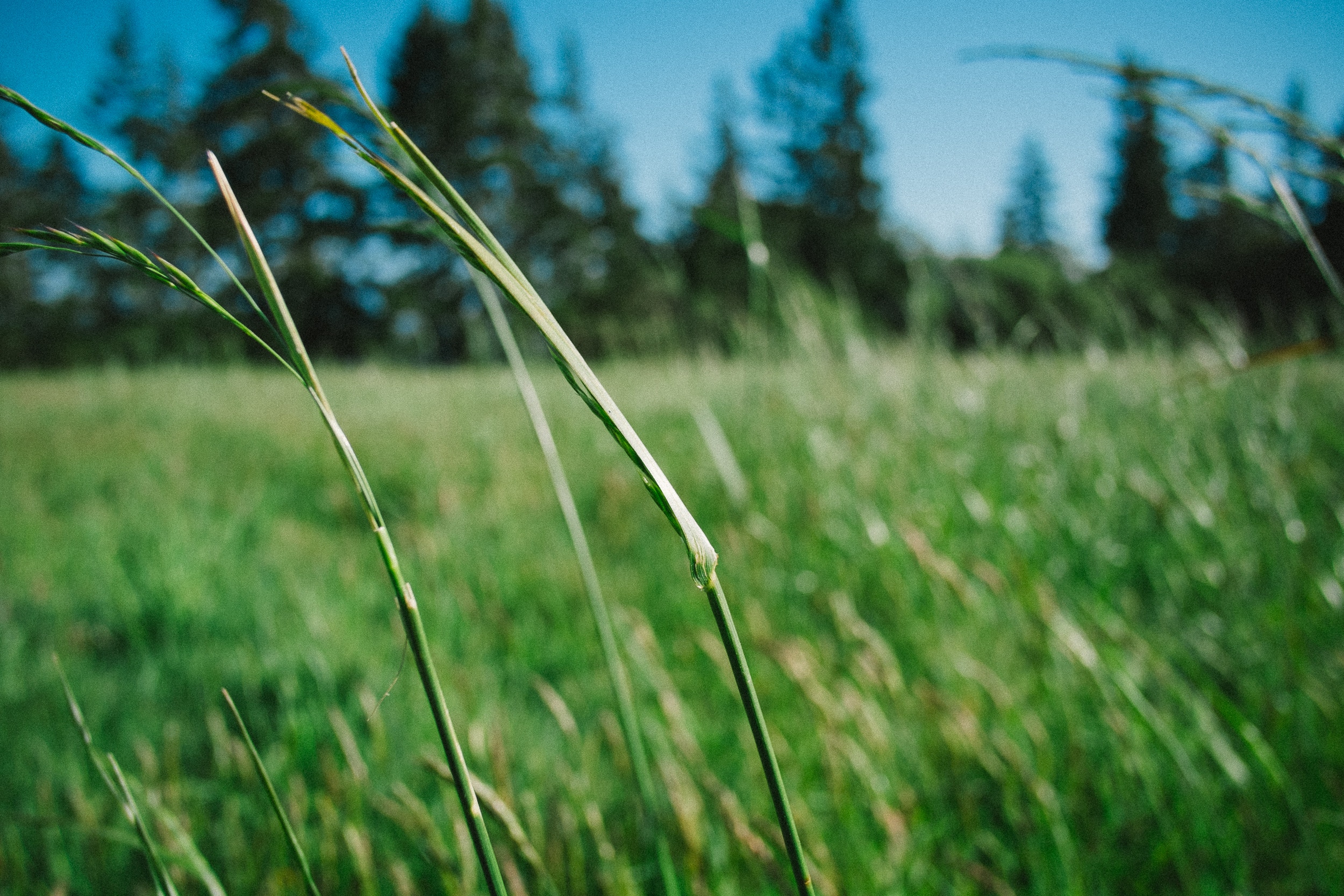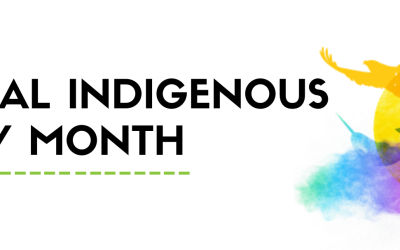Most of us tend to be nostalgic about our ancestral past. Researching one’s family tree has become a popular and passionate pastime. We imagine that when our forefathers lived, things were simpler, and in some ways, better than the complicated lives we live now.
But when we dig into our past, we realize that life back then was not all that rosy. Sure, there would have been some good days, but life before modern science had ushered in all the comforts and life-extending advances of modern medicine that we take for granted, we quickly realize that life in the past was often “nasty, brutish, and short”.
Imagine living at a time when a bad cold could whisk you away to the undertaker, or when you were lucky if half of your children survived childhood. Or, what about living in Europe when the blows from Martin Luther’s apocryphal hammer were quickly followed by one hundred years of religious war? Catholics and Protestants taking turns barbecuing each other!
So, although a rosy view of the past often makes us feel good, when we are truthful we admit that it does not represent the reality that our ancestors lived.
But that is not the case with Indigenous politicians and spokespeople. To hear them pontificate, life was idyllic before the Europeans rudely intruded. Peace and harmony reigned, food was plentiful, and families were vibrant and strong. It was almost a Disneyland where animals approached hunters and asked to be their supper. Everyone got along. Life was good. Peace and harmony reigned.
But that rosy view does not fit the reality. One has only to read the personal accounts of explorers who came into contact with Indigenous people who had never before encountered Europeans to understand how wildly inaccurate this idealistic view is. Champlain describes a state of constant warfare between the tribes he encountered. Young men in these groups were called “warriors” for a very good reason. It should be noted that the only true genocide to take place in what became Canada was the Iroquois’s extermination of the Hurons. (1648-50)
And what happened to those on the losing side of a battle? The women became slaves, and the men were killed–but in many cases, not before they underwent what was called a “tickling”–where they were slowly roasted alive.
So, flesh was sizzling on both sides of the Atlantic.
To round out the picture of what the reality would have been like in the Indigenous world–like Europe at the time–there was no modern health care system. The Grim Reaper was always present waiting for an opportunity. When not at war, people faced a daily struggle for survival. Tools and weapons were primitive, the climate was harsh, and food was difficult to get. If one can imagine trying to make it through a Canadian winter in a skin tent, or trying to kill a bison on foot with a flint-tipped spear, one can understand what a difficult task it was just to stay alive.
Of course, it was that very adversity that made Indigenous people so strong, with a culture that flourished for thousands of years. Unfortunately, today’s welfare and transfer payment dependency has the opposite effect.
The truth is that the modern world has brought all of us–Indigenous people included–enormous benefits. The life of a hunter-gatherer would have had some attractive features, but even in parts of Canada where it is still possible to be a subsistence hunter, no one wants that life any longer. Even the hunting that is done involves snowmobiles, four wheel vehicles and high-powered rifles.
But what does it matter? If people want to stick to a rosy view of their history, no matter how unrealistic it may be, then so what? Who is it hurting?
The fact is that this false interpretation of history is being used by Indigenous leaders for a very specific and cynical purpose. By publicly trumpeting the myth that a glorious way of life was taken from their ancestors, these politicians and spokespeople are promoting a myth that Indigenous people are, and always will be, victims of colonialism. They are turning their once proud and resourceful people into victims in a permanent mode of grievance. The rosy past—that never existed–goes hand-in-hand with permanent victimhood. Both are used to extract more money from governments, which means more money from other Canadians.
Let there be no mistake, item number one on the Indigenous leaders’ agenda is money.
To further that agenda, the leaders exploit the sense of hopelessness and despair felt by so many poor residents of reserves and inner-city slums. Instead of telling them the truth – namely that they must become educated and enter the workforce like everyone else–they play upon their identity as victims.
Here is a sad anecdote I read that illustrates this point: When television first came to a remote northern reserve the suicide rate among the young people suddenly shot up alarmingly. The simple explanation was that the young people saw for the first time the television version of how people in the south actually lived, and the contrast with their own lives was revealed to be great. Their parents and neighbours were not the noble hunters from an imagined and rosy past, nor were they anything like the people they saw on television. Quite the contrary, what they saw around them was drinking, squalor, and poverty. The television set brought into sharp focus their backwardness and the hopelessness of their lives. These young people saw that their lives had lost its meaning. Hunting and self-sufficiency had been central to their historical lives, but now the hunting that was done did not feed them or pay the bills–a welfare check did that. That old life was long gone. The young people came face-to-face with the realization that they had been lied to, and worse they saw no future for themselves.
Deceiving young people about their past and not being candid with them about their future is not a wise policy.
As noted African-American social critic Thomas Sowell sagely says: “Those who promote an ideology of victimhood may imagine that they are helping those at the bottom, when in fact they are harming them”.
So, how can the problem of obsessing about an imagined past and being stuck in grievance mode be solved?
Why not do what the Maoris of New Zealand have done?
These people were in grievance mode for generations. They had an unrealistic perception of their past. They were going nowhere. Welfare dependency, alcohol abuse, and violence in homes were all they knew. New Zealand was stumbling badly with its “parallel” system of one set of laws for Maoris, and another set for the mainstream society. New economic development was almost impossible because Maori groups could and would stop any development until their price was met. The Maori and the mainstream population came to realize that this tension and grievance must end for the good of their country. There was an agreed upon buy-out, and now there is only one set of laws for all New Zealanders.
As a result, the country is prospering. Although stubborn underclass problems still linger, the Maori asset base has shot up by almost 1000% since this historic agreement, and the Maori have taken charge of their own destiny. Most importantly, the Maori are no longer in grievance mode. They now look to the future instead of obsessing about a rosy past that never was.
Focusing on a rosy view of the past locks people in grievance mode. It is a hopeless place, with no future. The better course is to imagine a better future.
Then, make it happen.
View the entire PDF: EF04TheRosyPastGiesbrecht



